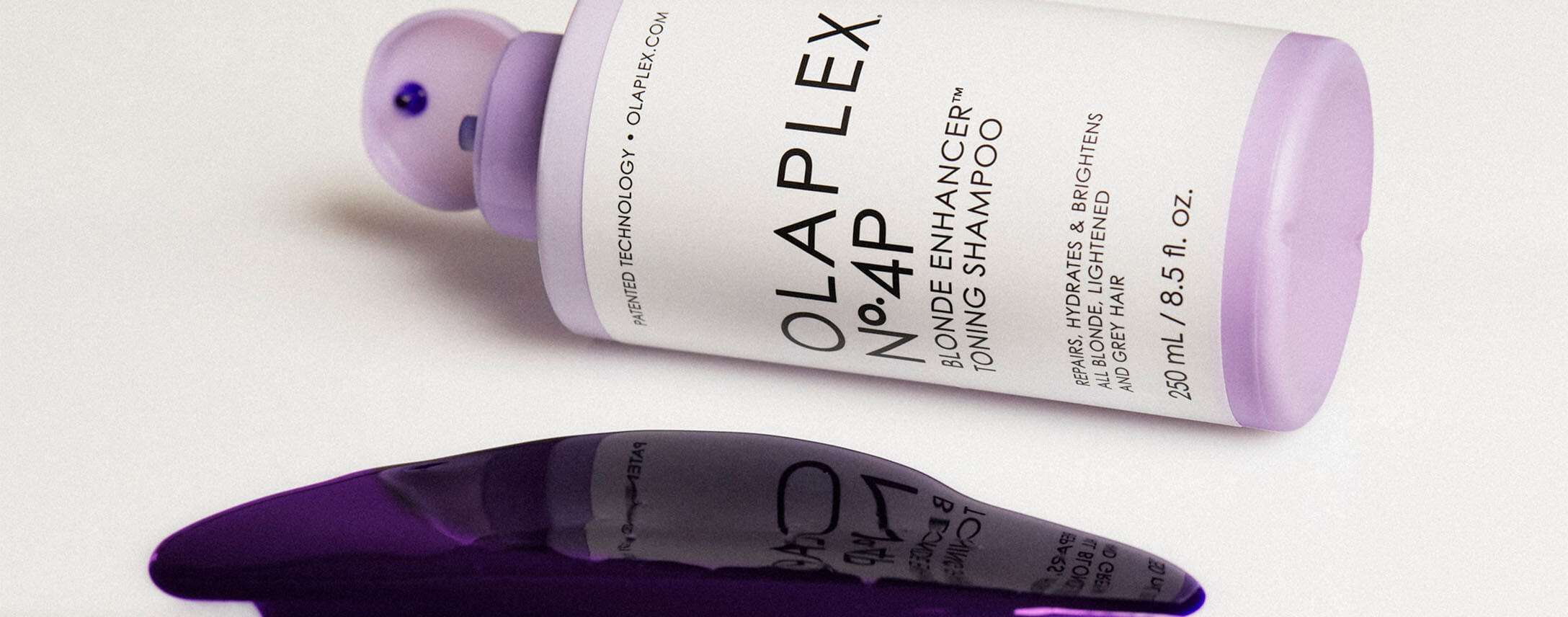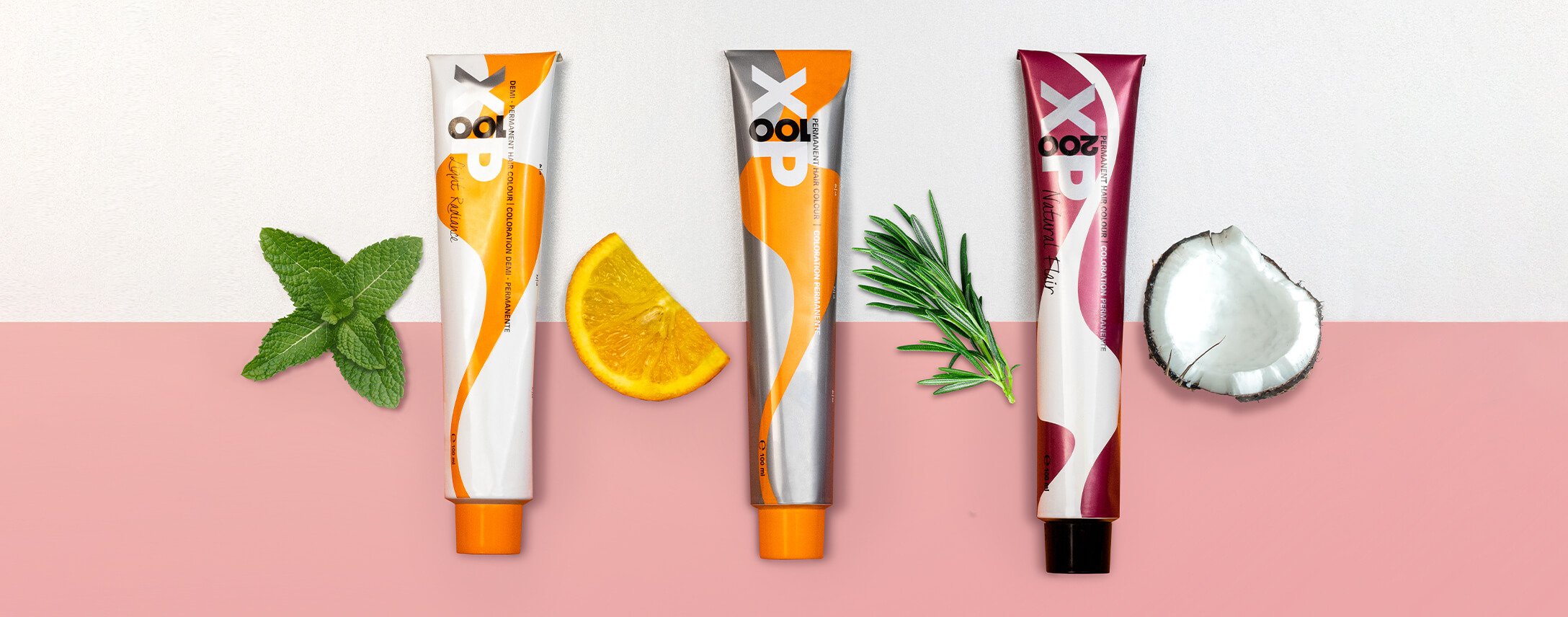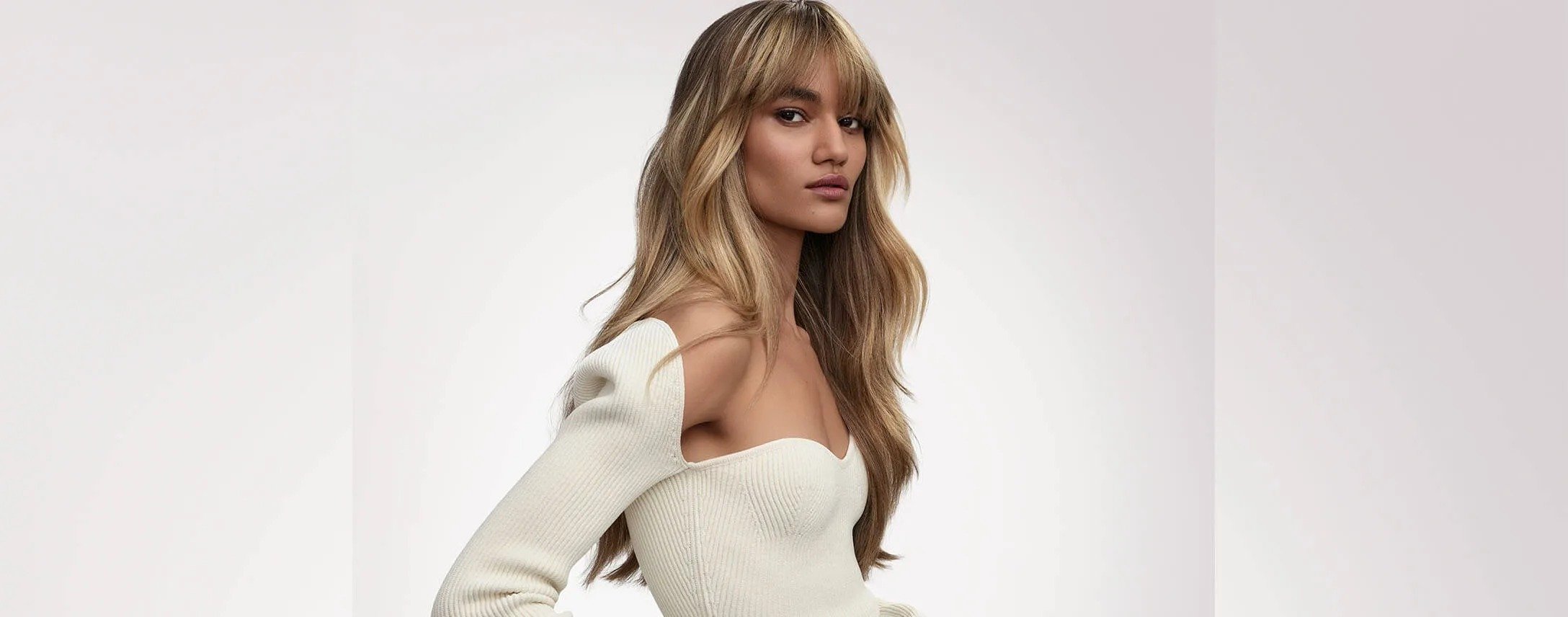How to make your face mask more comfortable at work

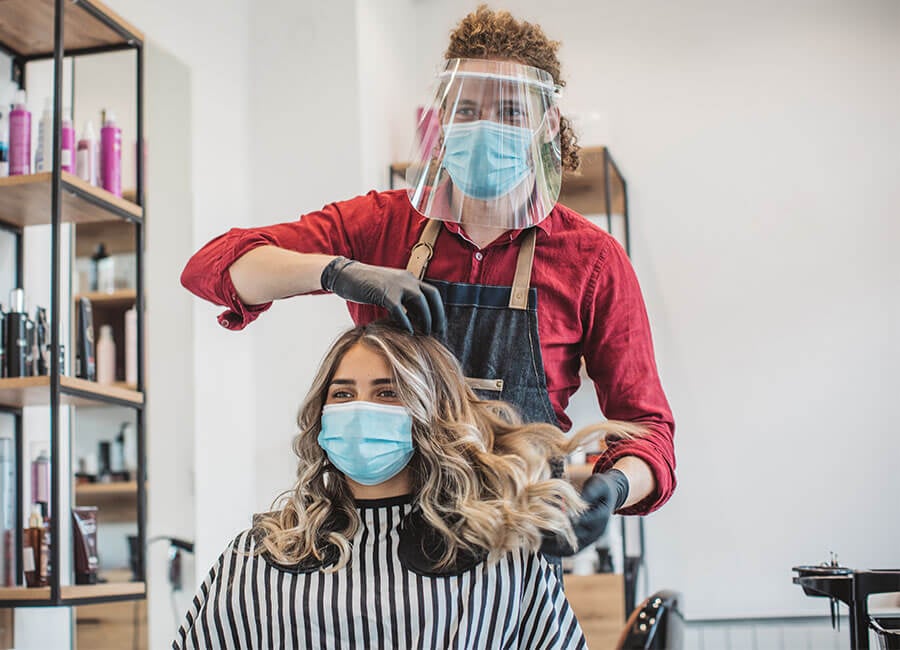
As you reopen your doors once again, keeping yourself and your hair & beauty clients protected from coronavirus will continue to be your top priority. However, you may quickly be reminded that the safety measures you’ve got in place bring their own set of issues. And one perfect example of this is the government guidelines that mean anyone working in close contact services - including hairdressers, beauty professionals and nail technicians - must wear type 2 surgical face masks as well as visors.
This is to protect you and your clients from “respiratory droplets caused by speaking, sneezing or coughing.” Yet while they are vital to help reduce the risk of spreading the virus, they can be pretty uncomfortable.
From developing ‘maskne’ and headaches through to struggling to talk to clients while wearing your mask, they are not always easy to wear. We’ve put together a troubleshooting guide to help you deal with the most face mask common issues as you get used to wearing them in work again.
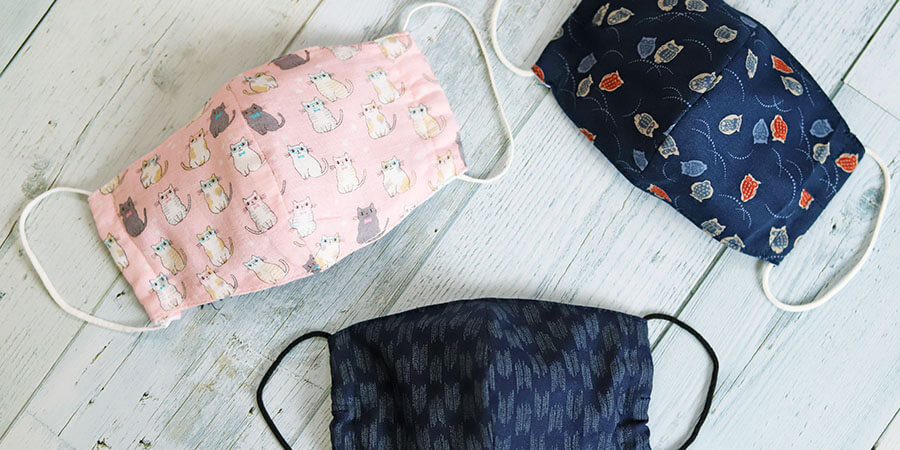
What to do if you feel you can’t breathe properly
At times it can feel difficult to catch your breath while wearing a face covering, especially when you’re in a hot salon or a client’s home. Yet according to the British Lung Foundation, wearing a mask doesn’t actually reduce your oxygen supply. And the World Health Organisation supports this, saying, "The prolonged use of medical masks when properly worn, does not cause CO2 intoxication nor oxygen deficiency.”
Instead, feeling short of breath could be because you are actually breathing quicker while wearing a mask. And this can cause you to feel anxious, claustrophobic and panicky says mental health charity MIND. To help, they suggest:
- Getting fresh air before and after you wear your mask.
- Doing a short relaxation exercise before and after wearing your mask. You could do this before putting on a new face mask in between clients.)
“One study found sprinkling essential oils onto your face mask can help improve your mood and even help you breathe easier.”
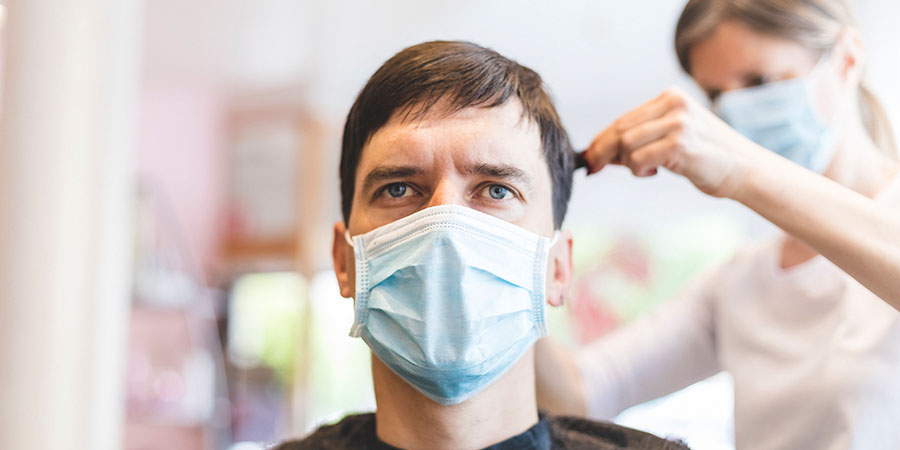
What to do if your face mask is making you dehydrated
Another surprising side-effect of wearing a face mask is feeling dehydrated. One expert told the BBC this is because with your mouth covered, you are less likely to take a quick sip of a drink.
The government’s own advice is to “ensure you are hydrated before putting a mask on.”
Make sure you have drinks in between clients. And with the weather turning cooler, this should also stop you feeling quite so dehydrated.
Make sure you have drinks in between clients and consider having chewing mints by your side. This is because they help stimulate your saliva and stop you feeling thirsty.
What to do if your face mask is making you feel stressed
Some treatments and services can take a long time. And having your mouth covered for long periods of time again may make you feel quite stressed.
One study found sprinkling essential oils onto your face mask can help improve your mood and even help you breathe easier. Try a few drops of eucalyptus oil on your mask to help open up your lungs. Meanwhile, lavender oil is good for anxiety and orange oil is calming.
What to do if your face mask is giving you ‘maskne’
As we’ve all learned this past year, having a piece of fabric against your skin for hours every day can play havoc with your skin. According to the British Skin Foundation, moisture from your breath is trapped against your skin and this can cause breakouts. You can also develop ‘maskne’ as your mask clogs pores on your face. Dermatologists recommend gently cleansing your skin and avoiding wearing makeup under your mask.
What to do if you’re struggling to talk to clients through your mask
While you may have been used to wearing a face mask and visor for weeks prior to this latest lockdown, it’s still probably not going to get easier talking to your clients once again.
Speech therapist Dr Abi Roper shared her tips with Sky News on how to make yourself understood. These included speaking clearly and naturally, using body language and using your eyes to get your point across. You could also try hand gestures to help when you’re talking to your customers.
What to do if your face mask is rubbing your ears
The elastic loops on your face mask can really chafe behind your ears… something you’ll have to prepare for again when seeing clients for long hours.
Try regularly moisturising behind your ears. If you have any sore skin then rub in a bit of petroleum jelly to form a barrier.
You can also check out these clever hacks for making your face mask more comfortable, including buying a special plastic connector. (Always make sure your mask fits snugly over your mouth and nose.)
What to do if your glasses are fogging up
When you breathe out, most of the air goes out the top of your mask. And that means if you are walking into a room, your glasses are likely to fog up. This can be a particular issue if you’re a mobile hairdresser or therapist and going from outside to inside throughout the day.
Specsavers recommend making sure your mask fits snugly, trying to breathe downwards and cleaning your lenses to stop them misting up.
